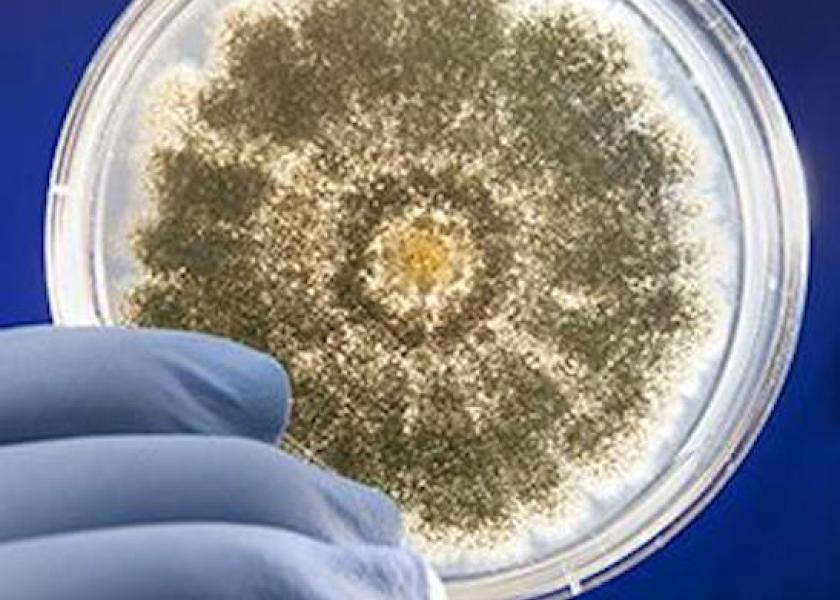USDA researchers explore antimicrobial benefits of mushrooms

Scientists with the USDA’s Agricultural Research Service are examining the antimicrobial properties of mushroom extracts.
The goal of the research is to make food crops safer throughout the production process, from farm to fork, according to a news release; beyond that, the research is looking at the ability of mushroom extracts to mitigate chronic human health conditions.
Along with being a valuable source of food and income around the world, mushrooms are known to have pharmaceutical qualities, the release said.
“Edible mushrooms [are] a source of bioactive compounds, and certain medicinal mushrooms have emerged as beneficial ingredients of dietary supplements,” Jong H. Kim, molecular biologist at the ARS Foodborne Toxin Detection and Prevention Research unit in Albany, Calif., said in the release.
Kim is the primary author of a paper on how medicinal mushrooms contribute to food safety.
The role of mushrooms in food safety begins in the farmer’s field. According to Kim, pinecone cap mushrooms, which are a type of fungi, provide the main ingredient in the fight against a worldwide carcinogenic fungus — Aspergillus flavus — the release said.
A. flavus produces aflatoxins, some of the most dangerous mycotoxins that widely contaminate many major crops, such as corn, tree nuts and peanuts, the release said. People who eat a large amount of food contaminated with aflatoxins — or products derived from animals that have eaten it — are at higher risk for some adverse health conditions, including liver cancer and stunting in children, the release said.
“Many antimicrobial agents have been developed from mushroom ingredients for crop protection, [including] the natural fungicide strobilurin,” Kim said. “Strobilurins [are] one of the most important classes of agricultural fungicide.”
When farmers use strobilurins, the compound inhibits A. flavus growth by interrupting its ability to breathe. Stopping A. flavus in the field reduces the amount of aflatoxins that manufacturers must contend with during food processing and packaging, the release said.
“[We] found that a component of the mushroom Taiwanofungus camphoratus (Tc) could be developed as a food ingredient having antimicrobial potential, thus inhibiting the growth of fungi and bacteria in foods,” Kim said. “Tc lowers the contamination rate of toxin-producing or heat-tolerant fungi that escape the food sanitation process. The application of Tc in the food industry will promote food safety, which is vital for the health of consumers.”







